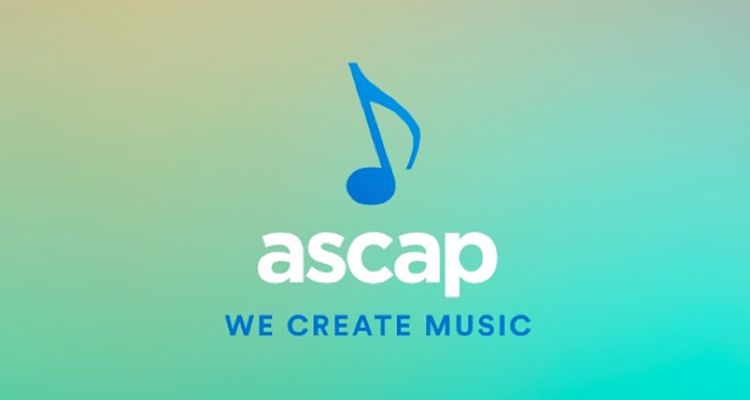
ASCAP Pushes for Voluntary Licensing and Expanded Right of Publicity in Latest AI Copyright Comments
ASCAP has submitted new comments to the Copyright Office regarding artificial intelligence, specifically addressing arguments from AI companies like Anthropic. The organization's response focuses on three key areas while advocating for creators' rights in the AI era.

ASCAP logo with musical note
Key Points in ASCAP's Submission:
- Direct Voluntary Licensing
- Emphasizes the importance of proper licensing for creators
- Challenges claims that licensing is impractical for AI training
- Cites Boomy as an example of successful AI development using properly licensed materials
- AI's Impact on Human Creativity
- Unlike previous technological innovations (sound mixing, autotune), AI can generate content autonomously
- Creates high-quality content at scale that's increasingly indistinguishable from human work
- Poses a significant threat to creators' livelihoods
- Enhanced Federal Right of Publicity
- Advocates for stronger federal protection against unauthorized use of creators' likenesses
- Current state laws deemed inadequate for AI-era challenges
- Supports initiatives like the No Fakes Act, which would penalize unauthorized digital replicas of artists
The No Fakes Act, introduced in October, specifically addresses "digital replicas" - computer-generated content that's nearly indistinguishable from the original artist's work. However, questions remain about how the legislation would handle AI-generated content that naturally resembles existing commercial works, particularly regarding training data access.
ASCAP's stance emphasizes balancing AI's potential benefits against its impact on human creators, highlighting the need for comprehensive protection of artists' rights in the evolving digital landscape.